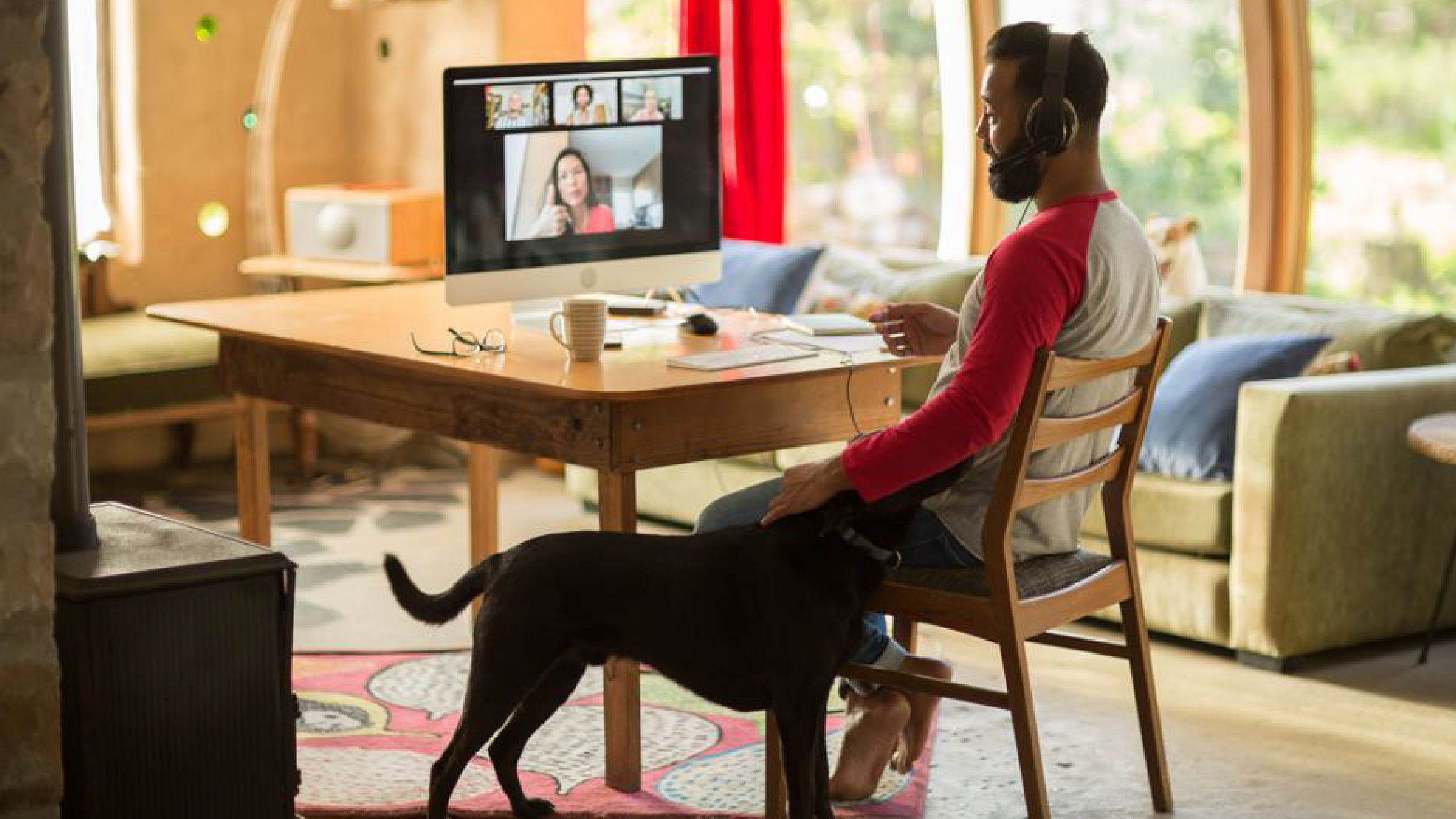
By Art Malkov
Photo Credit: Getty
Working from home (WFH) is not a new concept, but it is one that is constantly on the minds of CEOs and team leads in 2020 and 2021. The coronavirus crisis necessitated that WFH, for the short-term at least, became the norm.
What we have learned during this time is that some people are good at working from home, perhaps even more productive than they were in an office. In fact, I’d venture a guess that the majority of companies found that their businesses were more productive during these months than they had initially assumed.
To me, however, that is not a surprise. I have led many remote teams for many years, and I have developed what I call my “seven secrets” to great remote work. Here they are:
1. Treat WFH As A Skill
Working from home is not intuitive for everyone, and it can certainly be improved over time. Because of this, I highly encourage you to view working from home as a skill — one that you practice and improve on to help your base-level talent.
For example, if you are learning how to speak French, you’re probably going to be very, very bad at it in the beginning. However, as you learn more words and practice, you’ll get to the point where you can actually speak the language. I see working from home just like this. Jumping into a remote working environment, as most people did in 2020, is similar to being dropped in the middle of France without knowing French. But it also means that you have an opportunity to focus on your own improvement and hone your WFH skills.
2. You Need Discipline
This secret is obvious, but I always feel that it bears repeating. It’s fairly hard to be undisciplined in an office environment. However, it is harder to immediately stand out if you are slacking while working from home. You need the discipline and self-motivation to be productive while you are working from your home, which is traditionally where you go to forget about productivity.
The inverse of this is just as true, however. I cannot tell you the number of work-from-home employees I’ve seen who are unable to draw the line between work hours and non-work hours. If you take the opportunities that WFH presents as a free pass to work long into the night when it’s not required, you will drive yourself crazy. Think of yourself as an independent author. The more hours you spend writing, the closer you will be to finishing your book. However, writers are known for taking long breaks from their work. So make sure to develop habits that will help you stay motivated and disciplined.
3. The Pomodoro Technique
The Pomodoro Technique is a method of time management aimed at individual productivity. It was initially somewhat looked over since it heavily advocated for frequent short breaks during the workday. However, breaking up time like this has proven to be incredibly impactful for a variety of people.
To simplify it, one spends 25 minutes working with complete focus on a task, then takes a five-minute break. They repeat this four times and then take a longer break of 15 to 30 minutes. Give it a shot the next time you feel yourself struggling to focus.
4. Create Your Own Structure And Habits
This jumps off from secret No. 3, but I cannot stress enough how important it is to form your own structure and habits while working from home. If you slip in productivity, you could easily fall behind. My recommendation is to create your own structure and habits to ground yourself to time.
Some things I’ve done before include: chewing a piece of gum every hour on the hour, playing albums that help me focus and are a specific length (usually one hour) and mapping out my entire day so that I could tell if I was falling behind my schedule. Time feels different when you’re working from home, and I cannot stress how important it is to grab hold of it.
5. Team Collaboration Is A Must
One thing that can help with losing your grip on time when working from home is team collaboration. If you and at least one other co-worker are equally focused on a task, it allows both of you to sync up your productivity and somewhat recreate that office environment. Assuming that everyone will be equally productive is probably not realistic, and frequent collaboration allows everyone to keep their head in the game.
6. Everyone Needs To Be Engaged
I like metaphors a lot, so I’ll use another one here. Make sure that all of the spokes on your company’s wheel are turning. If one disappears, it’s probably not going to damage the wheel, but every additional spoke that isn’t turning with the rest of the wheel risks a more serious bog down of productivity. Setting an understandable and replicable level of productivity is what separates a company that is working at home from a company that is thriving under remote working conditions.
7. Assume Permanence
The world likes to throw curveballs at us, and an apocalypse-like pandemic certainly is that. What I see time and again is the false assumption that this is short-term or that this will never happen again.
When planning for a sudden work-from-home shift, plan for the long-term. How would your company operate if you shifted to completely remote work? When planning on WFH for only a couple of weeks, many businesses simply try to replicate the productivity and work habits of an office. That is not optimal! Plan how you can make your business run the best it can if you are only working from home. Try new things, shift around work and schedules and be open-minded.
Remote work is a great opportunity to rethink how you and your business operate. Don’t pass it up!
For the original article, visit: Forbes.



